Volatility, Growth and Financial Crises
This research group analyses the build-up of financial vulnerabilities and real consequences of financial crises. Different policy shocks and the causal reaction of macroeconomic aggregates are identified. Early-warning models describe the cyclical nature of financial vulnerabilities.
IWH Data Project: Financial Stability Indicators in Europe
Research Cluster
Financial Resilience and RegulationYour contact

Mitglied - Department Macroeconomics
EXTERNAL FUNDING
01.2022 ‐ 12.2023
Sovereign Risk Shocks
Deutsche Bundesbank
05.2017 ‐ 09.2019
Early Warning Models for Systemic Banking Crises: The Effect of Model and Estimation Uncertainty
German Research Foundation (DFG)
01.2018 ‐ 12.2018
International Monetary Policy Transmission
Deutsche Bundesbank
Refereed Publications
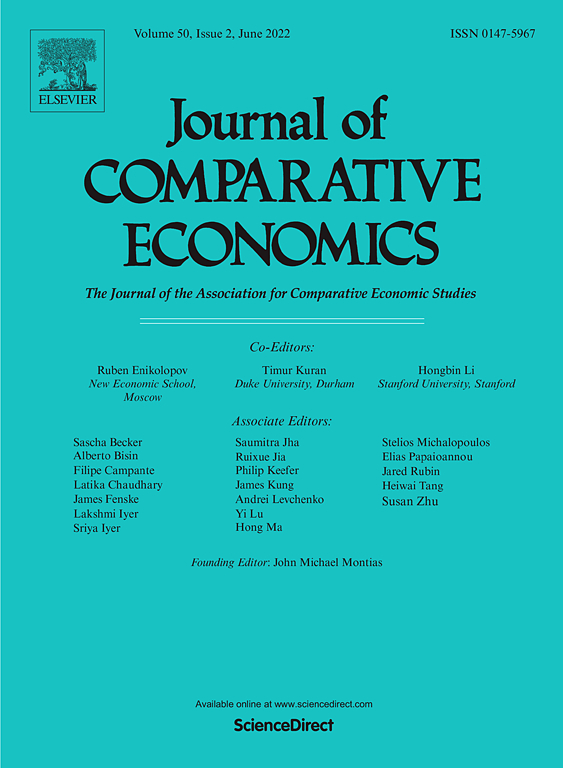
Sovereign Default Risk in the Euro-periphery and the Euro-candidate Countries
in: Journal of Comparative Economics, 2011
read publication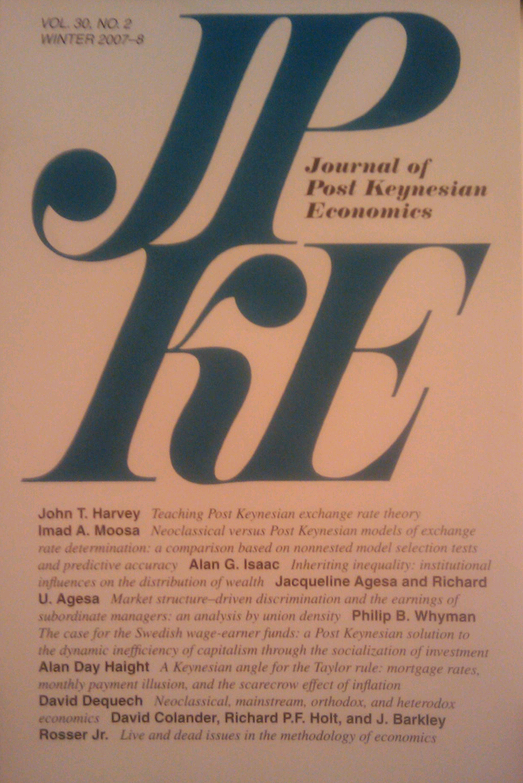
The Role of Uncertainty in the Euro Crisis - A Reconsideration of Liquidity Preference Theory
in: Journal of Post Keynesian Economics, 2013
Abstract
With the world financial crisis came the rediscovery of the active role fiscal policy could play in remedying the situation. More recently, the Euro Crisis, with its mounting funding costs facing governments of a number of Southern EU member states and Ireland, has called this strategy into question. Opposing this view, the main point of this contribution is to elaborate on the link between rising sovereign risk premia in the Eurozone and a major feature of the financial crisis - elevated uncertainty after the Lehman collapse. Theoretically, this link is developed with reference to Keynes' liquidity preference theory. The high explanatory power of rising uncertainty in financial markets and the detrimental effects of fiscal austerity on the evolution of sovereign risk spreads are demonstrated empirically by means of panel regressions and supplementary correlation analyses.
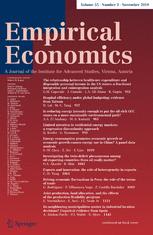
Evidence on the Effects of Inflation on Price Dispersion under Indexation
in: Empirical Economics, No. 1, 2012
Abstract
Distortionary effects of inflation on relative prices are the main argument for inflation stabilization in macro models with sticky prices. Under indexation of non-optimized prices, those models imply a nonlinear and dynamic impact of inflation on the cross-sectional price dispersion (relative price or inflation variability, RPV). Using US sectoral price data, we estimate such a relationship between inflation and RPV, also taking into account the endogeneity of inflation by using two- and three-stage least-squares and GMM techniques, which turns out to be relevant. We find an effect of (expected) inflation on RPV, and our results indicate that average (“trend”) inflation is important for the RPV-inflation relationship. Lagged inflation matters for indexation in the CPI data, but is not important empirically in the PPI data.
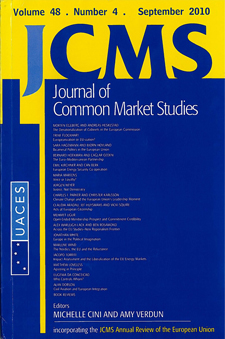
Macroeconomic Imbalances as Indicators for Debt Crises in Europe
in: Journal of Common Market Studies, No. 5, 2012
Abstract
European authorities and scholars published proposals on which indicators of macroeconomic imbalances might be used to uncover risks for the sustainability of public debt in the European Union. We test the ability of four proposed sets of indicators to send early-warnings of debt crises using a signals approach for the study of indicators and the construction of composite indicators. We find that a broad composite indicator has the highest predictive power. This fact still holds true if equal weights are used for the construction of the composite indicator in order to reflect the uncertainty about the origin of future crises.
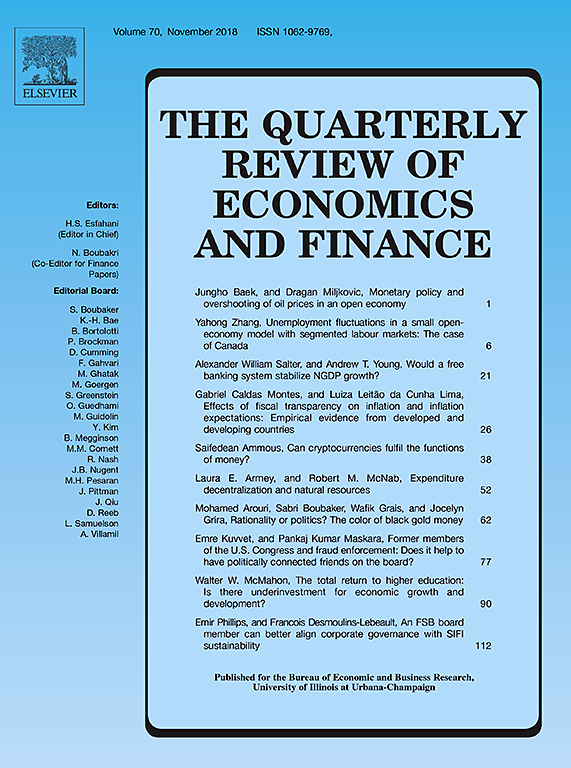
Are Universal Banks Bad for Financial Stability? Germany During the World Financial Crisis
in: Quarterly Review of Economics and Finance, No. 2, 2012
Abstract
This case study explores the contribution of universal banking to financial stability in Germany during the recent financial crisis. Germany is a prototype for universal banking and has suffered from a rather small number of banking crises in the past. We review the banking literature and analyze the major institutional and regulatory features of the German financial system to establish a nexus between universal banking and stability.















